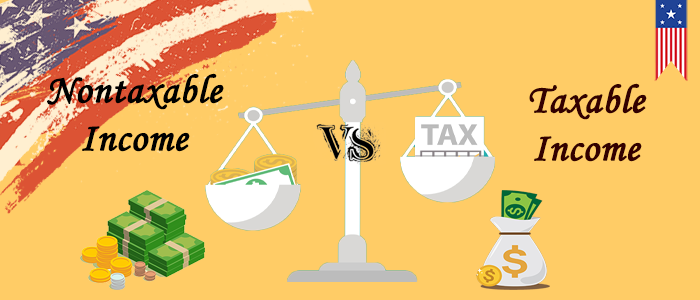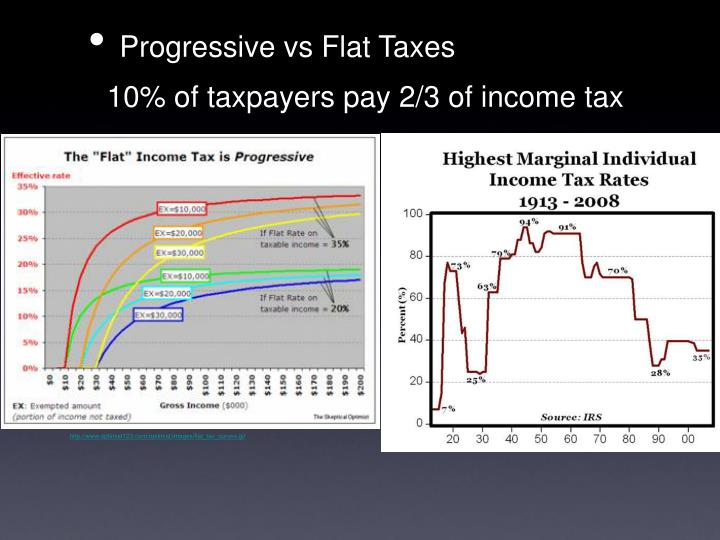

Income Tax (IRPF) or Non-resident income tax (NRIT) There’re are mainly 6 types of taxes for expats in Spain: 1.
If your capital gains total to less than €1,600 a year. If you’ve multiple jobs and earn less than €14,000 a year. If you only have one job and earn less than €22,000 a year. There’re certain instances when you’re exempt from declaring your taxes in Spain. Non-resident taxpayerĪ non-resident taxpayer in Spain is someone who:Ī non-resident only has to pay taxes on income generated in Spain. So aside from income generated in Spain, you need to declare your assets abroad if they’re worth more than €50,000 or if any individual asset’s worth increases by more than €20,000. Has savings or profits worth more than €1,600 in a Spanish bank accountĪs a Spanish tax resident, you’ve to pay progressive taxes on your worldwide income. Has rented out property in Spain and earns at least €1,000. Is self-employed and has a business in Spain. Earns an annual income of more than €22,000.  Lives more than 183 days of a calendar year in Spain. Depending on your place of residence, you can be considered a resident or non-resident taxpayer in Spain. Do expats pay taxes in Spain?Įxpats who earn an income or own assets in Spain need to pay taxes.
Lives more than 183 days of a calendar year in Spain. Depending on your place of residence, you can be considered a resident or non-resident taxpayer in Spain. Do expats pay taxes in Spain?Įxpats who earn an income or own assets in Spain need to pay taxes. 
To help you navigate this confusing system, we’re answering all questions that’ll explain what taxes you need to pay, when, how, and few ways to reduce taxes. How much tax you pay or what you pay taxes on is determined by your geographical, professional, personal, and economic circumstances. Paying tax in Spain isn't so straightforward.







 0 kommentar(er)
0 kommentar(er)
